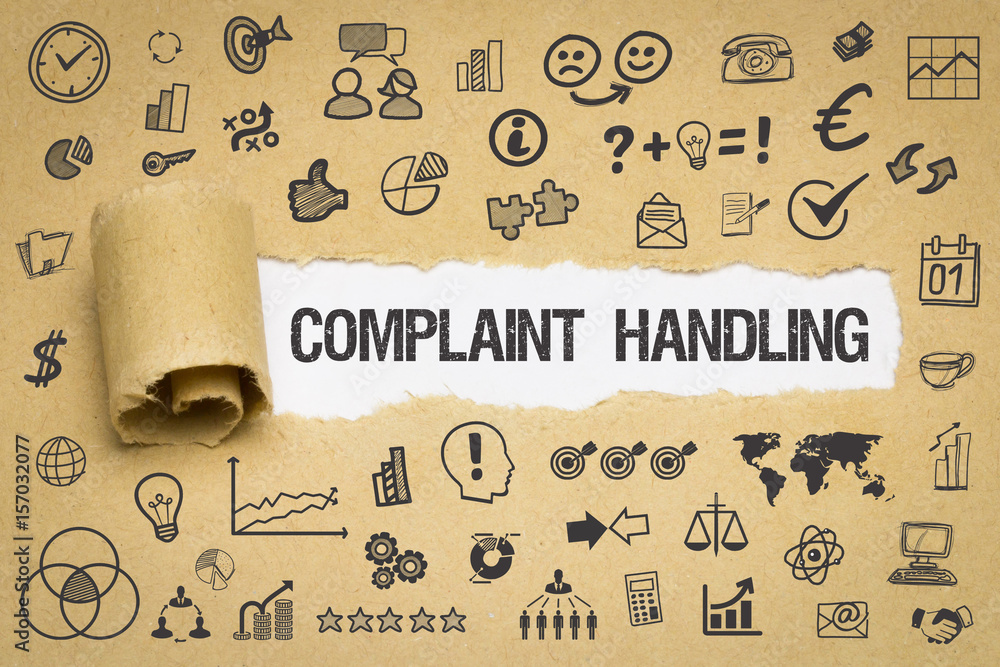Enhancing Complaint Handling
A Digital System for Direct Administrator Access
Keywords:
digital systems, streamlined resolution, ombudsman model, artificial intelligence, alternative dispute resolution (ADR), online dispute resolution, ethical guidelinesAbstract
The implementation of technology has significantly improved the efficiency of administrative services across social, local, state, and federal agencies. These advancements have led to the development of systems that track data, identify resources, and streamline resolution processes. Consequently, information and communication involving humans and technology have led to individuals consistently seeking improvements in how disputes are managed and resolved. Online Dispute Resolution (ODR) has become an online method for Alternative Dispute Resolution (ADR), offering structured digital processes for handling various types of conflicts. As communication between humans and digital tools evolves, ODR has emerged as a promising method within ADR, particularly in contexts where accessibility, speed, and documentation are critical. However, the ombudsman model remains largely dependent on person-to-person interaction, often resulting in delays, limited scalability, and inconsistent outcomes. This study explores how digital systems—such as databases, artificial intelligence, and virtual assistants—could enhance the ombudsman process by increasing efficiency, improving consistency, and aligning with ethical ODR guidelines. It also considers how these technologies might support—not replace—human judgment, and how their integration could preserve fairness, transparency, and trust in resolution processes.

Published
How to Cite
Issue
Section
License
Copyright (c) 2025 Gerald Papica

This work is licensed under a Creative Commons Attribution-NonCommercial-NoDerivatives 4.0 International License.




